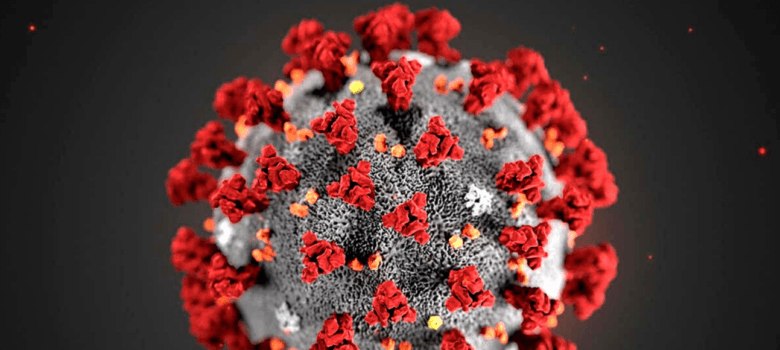

Affect of COVID-19 on Smell and Taste
by Omid Mehdizadeh
Among all the other symptoms of mild COVID-19 — exhaustion, coughs, fevers —two have stood out as the weirdest: losing your sense of smell and taste.
SMELL
Anosmia is a pretty common side effect of COVID-19. Around one in six people with COVID, loss or change in sense of smell might be the only symptom of COVID, according to a study published in Rhinology in June, 2021.
TASTE
Post-COVID taste loss is also pretty common. A study published in Annals of Internal Medicine found that up to 56% of COVID-19 patients had trouble tasting at least one of the salty, sour, sweet, or bitter flavor groups, while a Mayo Clinic analysis found that nearly 40% of COVID patients saw their ability to taste vanish, at least for a little while.
OVERVIEW
Although the loss of smell and taste are more modest effects of COVID-19 compared to other serious symptoms like being able to breathe properly, it can be more than just a bummer, says Omid Mehdizadeh, MD. “We see people lose their appetite, so nutrition becomes a problem, and of course, smell warns us that something is wrong, like in the case of spoiled food, smoke, or a gas leak,” he says. “But it’s also a quality of life issue. You don’t know how much you enjoy your sense of smell until it’s gone, even temporarily.”
ETIOLOGY
According to Dr. Mehdizadeh, “viruses have been known to cause postinfectious loss of smell and taste, likely due to changes in your olfactory bulb, in the front of the brain. This is a location where nerve fibers that connect your brain to your nose may become inflamed. When that happens, it takes a while for new cells to replace them. For some people, that might mean a few weeks, but for others, it could be months.
TREATMENT

For those with long-term loss of smell, treatment options include smell retraining therapy where patients smell strong substances to rebuild the relationship between the nose and brain in recovering the sense of smell. Potent aromas including charred oranges, lemon zest, eucalyptus, and cloves can be smelled three to four times a day
for three to four months.
According to Dr. Mehdizadeh, “More than two-thirds of patients tend to recover their sense of taste and smell within three weeks. A study of 382 COVID patients with smell loss published in the Journal of Otolaryngology in May 2020 found that 79% of them recovered significantly in a month. But long-haul smell loss is definitely not uncommon. In one study published in Frontiers In Medicine in November, 20% of patients showed no improvement in their ability to smell two months after they were first treated and tended to have experienced more severe COVID-19.
At Pacific Head & Neck, we take the time to identify your smell or taste disorder in order to recommend the best treatment option.
Related Links:
About the Author

Omid Mehdizadeh
Dr. Omid Mehdizadeh is a native of Los Angeles and has a successful practice as a Laryngologist and Otolaryngologist-Head & Neck (ENT) surgeon. At the Pacific Eye, Ear & Skull Base Center at Pacific Neuroscience Institute, his particular expertise is in voice, swallowing and airway conditions (laryngology). His patient-first philosophy guides his individualized approach to caring for is patients with disorders of the larynx/voice box, swallowing and conditions affecting the airways, as well as disorders of the nose, throat and neck.
Last updated: March 9th, 2022